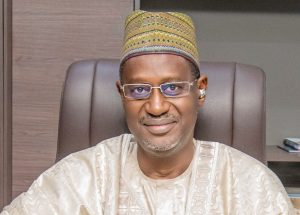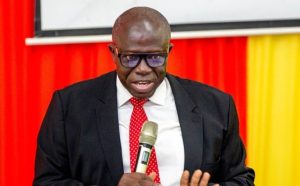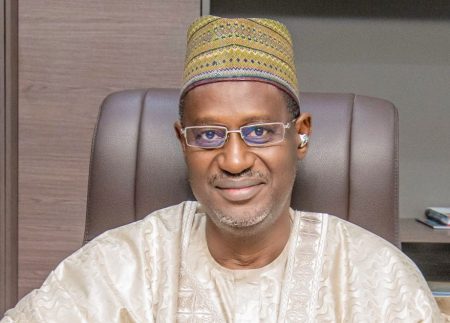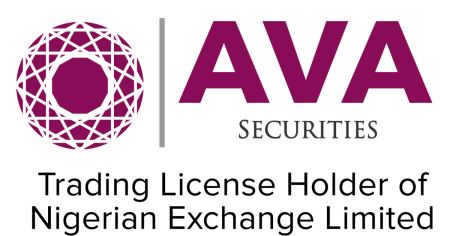Building a Financial Safety Net: A Comprehensive Guide to Emergency Funds in Nigeria
In Nigeria’s dynamic and often unpredictable economic landscape, an emergency fund is not just a financial tool; it’s a necessity. It represents a bulwark against unexpected crises, providing a financial cushion to navigate unforeseen challenges. However, building such a fund presents unique challenges in the Nigerian context. Irregular incomes, persistent inflation, and deeply ingrained cultural obligations often create obstacles to consistent saving. Despite these hurdles, building a robust emergency fund is achievable through disciplined planning, leveraging technological tools, and a commitment to financial prudence.
The first step towards building an emergency fund is understanding its core purpose: to provide a safety net for unforeseen financial emergencies. These emergencies can range from job loss and medical expenses to urgent home repairs and unexpected travel. The fund’s primary function is to prevent individuals from resorting to high-interest loans or depleting long-term savings during challenging times. Starting small, even with seemingly insignificant amounts, is crucial. Consistency, rather than the initial amount, is the key to building a substantial reserve over time. A structured savings plan aligned with one’s income and essential expenses is essential. Automating regular contributions, even small ones, can significantly accelerate the growth of the fund.
A dedicated savings account, separate from regular transactional accounts, is crucial for effective emergency fund management. This separation creates a psychological barrier against impulsive spending, ensuring the fund remains untouched unless a genuine emergency arises. Many Nigerian banks and fintech platforms offer features like withdrawal restrictions, tiered interest rates, and "safe lock" options, promoting disciplined saving. These features reinforce the fund’s purpose and discourage its use for non-emergency expenses. Technology plays a vital role in simplifying and automating the saving process.
Leveraging Nigeria’s burgeoning fintech sector can significantly enhance emergency fund building. Platforms like PiggyVest, Cowrywise, and Kuda Bank offer user-friendly interfaces and automated features that streamline the saving process, even for those with irregular incomes. Features such as automatic round-ups, safe locks, and recurring transfers make saving effortless and consistent. These tools are particularly beneficial for individuals struggling with traditional saving methods, offering accessible and secure platforms to build a financial safety net.
Supplementing primary income with side hustles can be a powerful strategy to accelerate emergency fund growth, especially in Nigeria’s challenging job market. The diverse range of side hustle opportunities, from freelance work and online tutoring to small-scale farming and ride-hailing services, allows individuals to channel additional income directly into their emergency fund. Dedicating all side hustle earnings to the fund ensures faster growth and reinforces financial discipline, providing a dedicated income stream specifically for building financial resilience.
Resisting the temptation to borrow is crucial for maintaining a healthy financial foundation. While loans may offer temporary relief, high interest rates and rigid repayment terms can create long-term financial strain. An emergency fund serves as an alternative to debt, empowering individuals to manage unexpected expenses without resorting to borrowing. If borrowing becomes unavoidable, prioritizing a realistic repayment plan prevents debt from overwhelming the savings goal. The ultimate aim is not just to accumulate savings but to maintain a stable financial footing and avoid debt cycles.
Regularly reassessing the emergency fund goal is essential to ensure its relevance and adequacy in the face of changing life circumstances and persistent inflation. Factors like job changes, family growth, and rising living costs necessitate periodic adjustments to the savings target. Reviewing the fund at least twice a year and adjusting contributions accordingly ensures it remains a reliable safety net, providing adequate coverage for evolving needs. Continuous monitoring and adjustments are crucial for maintaining the fund’s effectiveness in providing financial security.
Addressing the unique challenges Nigerians face in building emergency funds requires a multi-pronged approach. For those with irregular incomes, prioritizing saving during high-earning periods is essential, creating a buffer against lean times. Combating the erosive effects of inflation necessitates exploring investment options that offer returns exceeding the inflation rate, while maintaining a portion of the fund in easily accessible cash or liquid assets. Navigating cultural expectations requires establishing clear financial boundaries and communicating openly with family and community members about financial priorities, prioritizing personal financial stability without compromising important relationships.
Utilizing the emergency fund wisely involves understanding its intended purpose: to cover genuine emergencies, not everyday expenses or lifestyle upgrades. Appropriate uses include medical emergencies, job loss, major home repairs, and emergency transportation needs that directly impact income generation. Crucially, replenishing the fund after any withdrawals is paramount, restoring the financial safety net and ensuring preparedness for future emergencies. The fund should be viewed as a protective shield, and its restoration should be prioritized after any depletion.
Building an emergency fund is a significant stride towards financial stability in Nigeria’s volatile economy. While it demands discipline, planning, and a willingness to adapt, the resulting peace of mind and financial security are invaluable. Every Nigerian, regardless of income level, can achieve this financial milestone by embracing prudent saving habits and utilizing the available tools and resources. Building an emergency fund is not just about accumulating money; it’s about empowering individuals to take control of their financial future and navigate life’s uncertainties with confidence and resilience.














